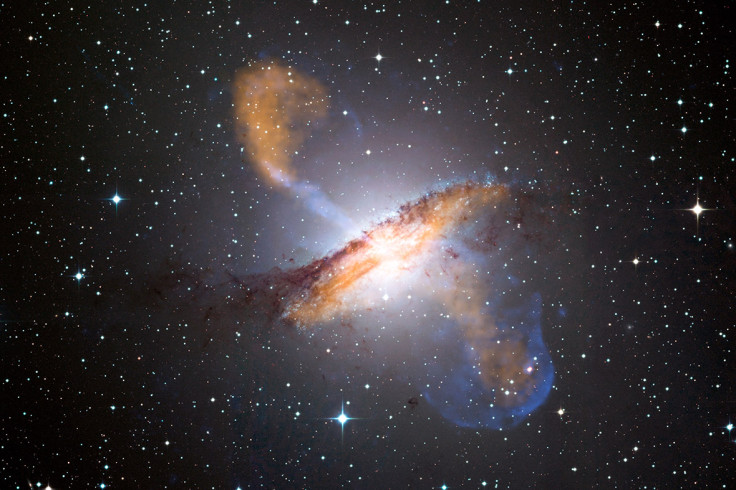Colonising Other Worlds 'Will Require 40,000 People'

Establishing interstellar colonies on other worlds will require between 20,000 and 40,000 people according to scientist Dr Cameron Smith.
Smith, an anthropologist at Portland State University in Oregon, USA, told his audience during a talk to Nasa's Future In-Space Operations working group. He suggests that such a large group would possess enough genetic and demographic diversity to give any interplanetary settlement the best chance of survival.
"Do you want to just squeak by, with barely what you can get? Or do you want to go in good health?" he said.
"I would suggest, go with something that gives you a good margin for the case of disaster."
In reference to past suggestions that only a few hundred people would be needed to set up a colony, Smith said: "I wanted to revisit the issue."
"It had been quite a long time, and of course we now know more about population genetics from genomics."
Smith's study into the subject was published in the Acta Astronautica journal this past April, and was based on the assumption of a journey into space lasting roughly 150 years, a figure conceived by researchers at Icarus Interstellar, a group studying potential travel into space.
Basing his calculations on a computer model using popular population genetic theory, Smith deduced that a collective of 14,000 to 44,000 would be a "safe and well-considered figure", with about 23,000 of a 40,000 strong group being men and women of reproductive age.
"This number would maintain good health over five generations despite (a) increased inbreeding resulting from a relatively small human population, (b) depressed genetic diversity due to the founder effect, (c) demographic change through time and (d) expectation of at least one severe population catastrophe over the five-generation voyage," he wrote in the paper.
Smith also mentioned ideas to take frozen sperm and eggs to these colonies, but explained that he didn't consider it seriously in the paper. "It can be done, but it's so different from the human experience of living in communities and so forth that I've kind of avoided that. I'm kind of assuming, or sticking with, 'what is the experience of humanity so far, and what can we learn from it?'"
© Copyright IBTimes 2025. All rights reserved.






















